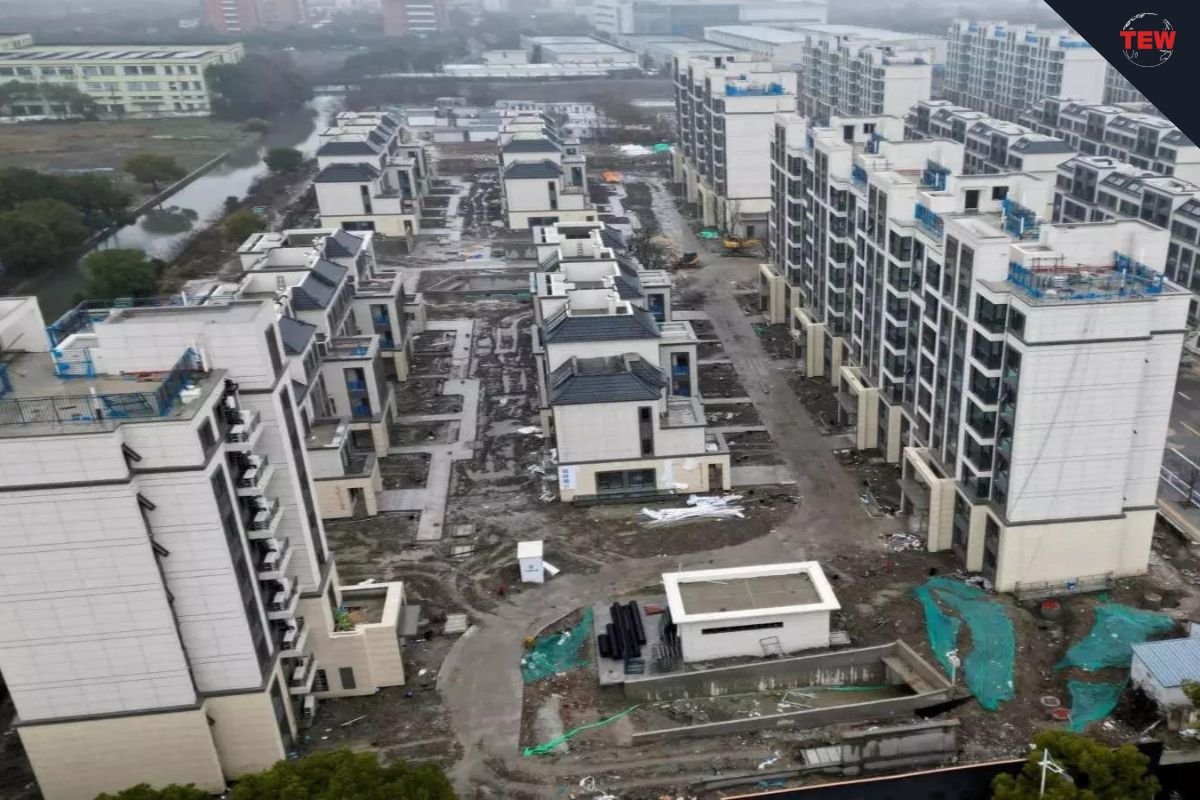(Source – The Economic Times)
In an effort to address persistent issues in its massive China’s real estate sector, Beijing unveiled several new measures on Friday aimed at stabilizing the market and providing support to developers. The People’s Bank of China (PBOC) announced it would inject 300 billion yuan ($42.25 billion) into financial institutions. These funds are intended to enable local state-owned enterprises (SOEs) to purchase unsold, already-built apartments. This initiative is expected to unlock 500 billion yuan in financing, which SOEs could use to convert these properties into affordable housing.
In addition to the financial injection, the PBOC also removed a floor on mortgage interest rates and reduced the minimum down payment ratio for first- and second-time home buyers. These steps are part of broader efforts to stimulate the housing market and provide liquidity to developers struggling to complete pre-sold properties.
Support for Developers and Buyers
China’s real estate sector: At a press briefing, PBOC Deputy Governor Tao Ling detailed the central bank’s plans, emphasizing that the funds would help real estate companies earn revenue from sales, which could then be used to complete other projects. This move is seen as crucial for revitalizing a sector that has been hampered by unfinished developments and financial instability.
The National Financial Regulatory Administration (NFRA) also highlighted ongoing efforts to support developers. Deputy Director Xiao Yuanqi reported that commercial banks have already provided 935 billion yuan in loans to finish construction on whitelisted projects since the initiative began in January.
“The government’s purchase of housing inventory can inject more liquidity to developers, who could then have more resources for housing delivery,” said Larry Hu, chief China economist at Macquarie. He praised the government for stepping in as the “buyer of last resort,” but noted that the resources of SOEs and local governments might be too limited to make a significant macroeconomic impact. He suggested that more comprehensive efforts from the central government might be necessary in the future.
Challenges and Future Prospects
Vice Premier He Lifeng addressed the importance of ensuring the completion and delivery of pre-sold homes during a national videoconference, underscoring the government’s commitment to resolving the sector’s challenges. Officials indicated that projects not meeting the whitelist requirements would need to resolve their issues independently. Dong Jianguo, deputy head of the Ministry of Housing and Urban-Rural Development, stressed the importance of prioritizing homebuyers’ rights and indicated that developers failing to comply with regulations would face consequences.
However, Zhu Ning, a professor of finance at Tsinghua University, highlighted the constraints faced by local governments due to their limited fiscal resources. He also pointed out the potential for rent-seeking behavior and moral hazards in deciding which properties to purchase. Zhu emphasized the difficulty of significantly altering the current high housing prices, which remain unaffordable for many potential buyers relative to their income or rent yields.
“Unless potential home buyers sense some serious change of housing prices going up, the current housing price is still too expensive for household income or rent yield,” Zhu remarked. He expressed skepticism about whether the government would attempt to engineer another significant increase in housing prices.
Overall, while the new measures represent a positive shift towards supporting China’s real estate sector, the path to recovery remains complex and will require ongoing effort and possibly further intervention from the central government.





